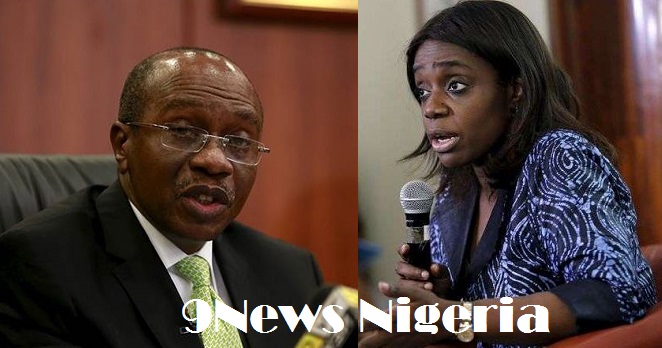
LAGOS (Reuters) – Interest rate cuts alone will not help to pull Nigeria out of a recession amidst rising inflation, the country’s central bank said on Wednesday.
On Tuesday, the central bank kept its benchmark interest rate at 14 percent, resisting the finance minister’s call to lower borrowing costs.
Moses Tule, the central bank’s monetary policy director, said policymakers will need to act together on fiscal, monetary and trade policies to jump start growth, which dropped for the second consecutive quarter in the second quarter and counter prices are rising.
“It’s not sufficient for the monetary policy committee to just meet and say we are reducing interest rates to address a stagflation,” Tule told Nigeria’s Channels TV. “In a situation where we have negative interest rates, what we have to do is to overcome negative interest rates.”
He said Nigeria’s policy rate had been stuck at six percent in the past but it didn’t spur credit growth, because the banking system did not respond to the move.
He said inflation was rising not due to excess money supply but because of recent reforms which include a hike to electricity tariffs, fuel price and a currency float which led to a 30 percent drop in the value of the naira in one day.
“If we were merely in a recession, then we could (…) say we would spend our way out of the recession. For an economy like Nigeria, where there are key structural deficiencies, there’s an urgent need to harmonise the policy mix.”
Finance Minister Kemi Adeosun had urged the central bank to lower interest rates so that the government can borrow domestically to boost the economy, which is stuck in recession, without increasing its debt-servicing costs.
(Reporting by Chijioke Ohuocha; Editing by Toby Chopra)












